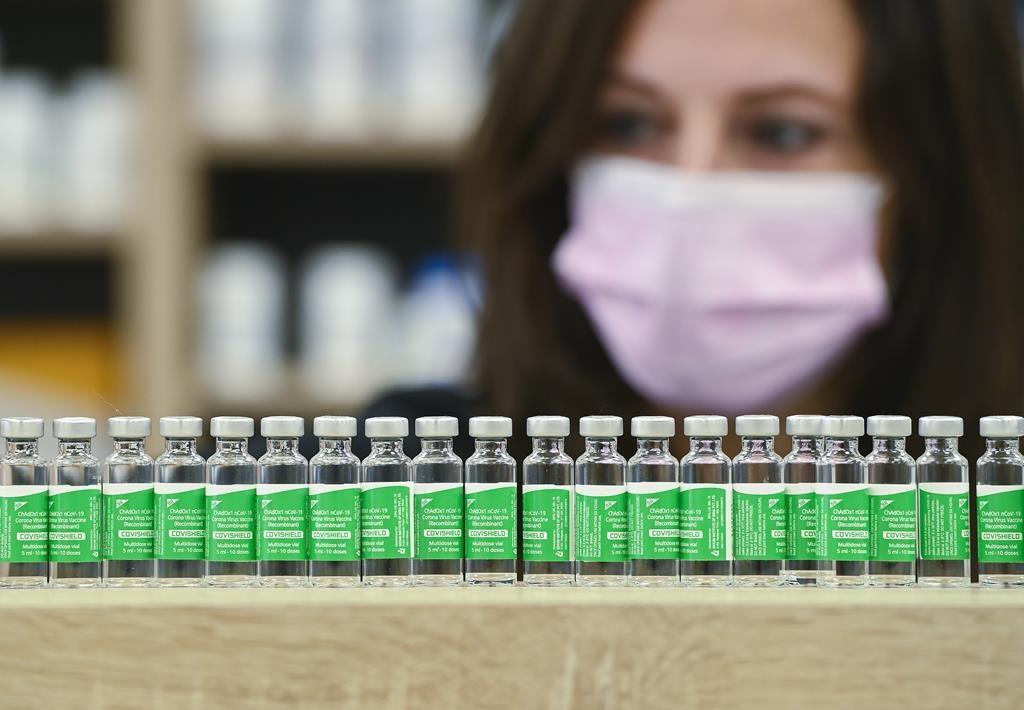Five Australians have developed blood clotting syndrome after receiving the AstraZeneca vaccine in the past week, the Therapeutic Goods Administration (TGA) has confirmed.
They are a 66-year-old man in Queensland, a 74-year-old man and 51-year-old woman in Victoria, a 70-year-old man in Tasmania and a 64-year-old man from Western Australia.




